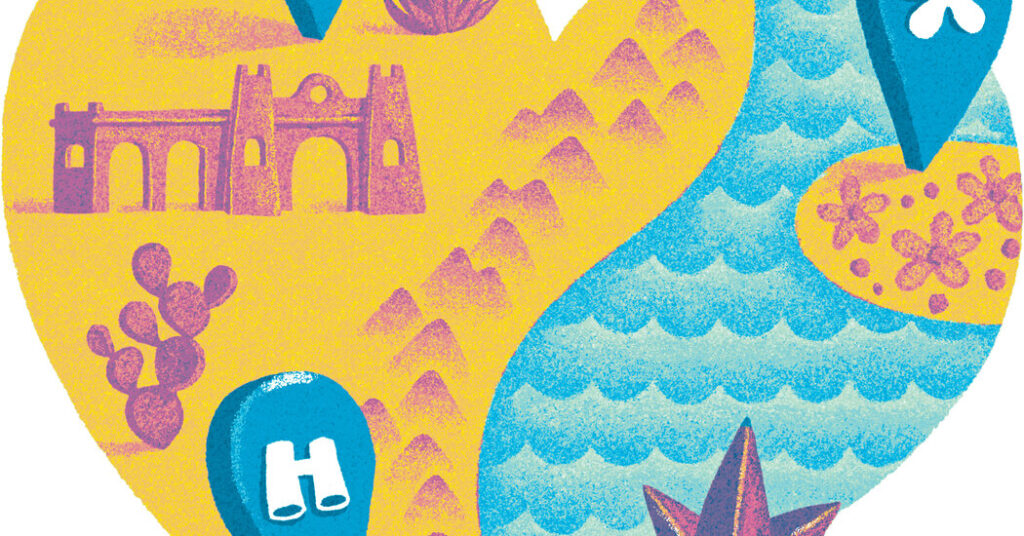A recent Booking.com global survey of 31,000 travelers found that 71 percent of respondents “want to leave the places they visit better than when they arrived.” Eighty-three percent said that sustainable travel is important to them. Now, as travelers wake up to the social effects of tourism, travel businesses are responding in kind, helping visitors maximize the positive — and minimize the negative — impacts of their trips.
The Kind Traveler platform, for example, has started a program in which every guest stay helps fund a local charity. StayAltered offers a “community-powered” accommodation booking platform that connects travelers with independent hosts in more than 30 countries on six continents. Home-swapping platforms like Kindred offer alternatives for travelers who are looking to avoid some of the negative impacts associated with short-term tourist rentals.
Tour operators are also empowering travelers to engage in difficult social issues in the communities they visit. The nonprofit Abara has three-day “listening trips” along the United States-Mexico border, with a focus on helping visitors understand the social and human dynamics at play in the region. Telos Group offers tours of South Africa, the U.S. South, and Ireland and Northern Ireland, with an eye to helping travelers engage in difficult social histories. Organizations like Unseen Tours, Invisible Cities and Migrant Tour have devised walking tours whose guides offer visitors alternative perspectives on social issues in cities like London, Edinburgh, Paris and Rome.
There are also new resources for travelers who want to educate themselves about the social impacts of their travels. The RISE Travel Institute offers online classes on responsible travel and other topics; the organization has also recently released a free e-book on decolonizing travel. The nonprofit Tourism Cares has created a meaningful travel map that features organizations, accommodations and tours that are designed to have a positive impact on communities and the environment.
Vincie Ho, the executive director of RISE, acknowledges the growing public awareness about tourism’s impacts on communities and the environment, but noted that “the say-do gap is still huge.”
Travelers should be wary of green-washing and “ethics washing,” Ms. Ho said.
“We really need to dig deeper and think critically, and not just be sold on something because a company says they’re doing the right thing,” she said.


